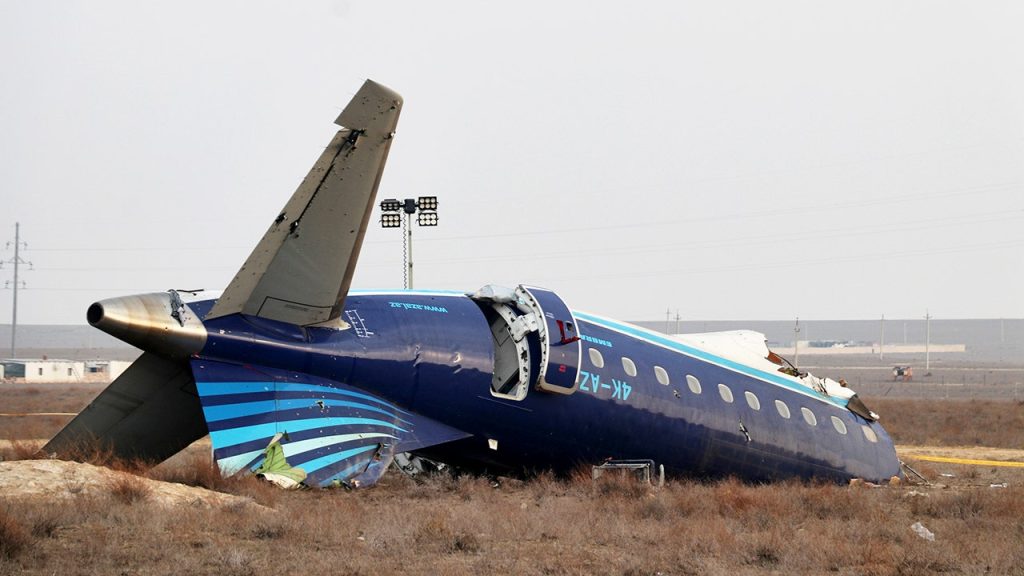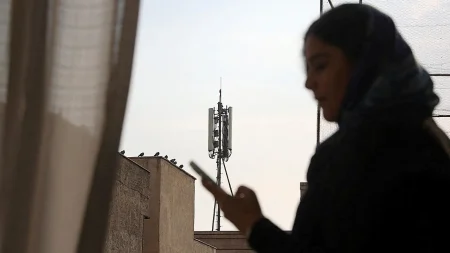The downing of Azerbaijan Airlines flight J2-8243, en route from Baku to Grozny, has prompted a significant suspension of flights between Azerbaijan and Russia. The airline, AZAL (Azerbaijan Airlines), announced the cessation of flights to eight Russian airports, effective December 28th, following preliminary investigation findings that point to “physical and technical external interference” as the cause of the crash. This decision, backed by the Azerbaijan State Civil Aviation Authority, comes on top of a previous suspension of flights to Grozny and Makhachkala, implemented on December 25th. The airline emphasizes that the suspensions are a precautionary measure, taken to prioritize flight safety until the final investigation concludes. The tragic incident claimed the lives of a majority of the 67 people on board, with only 29 survivors reported.
The emerging narrative surrounding the crash implicates a Russian anti-aircraft missile, either a direct hit or shrapnel damage, as the likely culprit. Sources briefed on the Azerbaijani investigation, speaking to the Wall Street Journal, suggest this as the preliminary conclusion. While the Russian government has downplayed speculation regarding their involvement, the Azerbaijani investigation, according to Reuters, points towards a Russian Pantsir-S air defense system as the source of the strike. The investigation also revealed that electronic warfare systems disrupted the aircraft’s communications during its approach to Grozny.
While intent remains unconfirmed, the Azerbaijani side, based on the gathered evidence, anticipates an acknowledgement of responsibility from Russia for the downing of the aircraft. The implication of a Russian air defense system raises several critical questions about the circumstances leading to the tragic incident. Was the aircraft misidentified? Were there communication failures that contributed to the event? The ongoing investigation will need to meticulously examine the sequence of events, including radar data, communication logs, and wreckage analysis, to determine the precise chain of events that led to the downing of the aircraft.
The suspension of flights by Azerbaijan Airlines represents a significant disruption to air travel between the two countries. The affected routes serve not only business travelers but also families and individuals with ties in both countries. While the suspensions are presented as a temporary safety precaution, the duration remains uncertain, pending the outcome of the full investigation. The economic and social impact of these suspended routes will undoubtedly be felt by communities and businesses reliant on air connectivity between Azerbaijan and the affected Russian cities.
Beyond the immediate impact on travel, the incident carries broader implications for the relationship between Azerbaijan and Russia. The Azerbaijani government’s expectation of a confession from the Russian side highlights the gravity of the situation and the need for transparency and accountability. The outcome of the investigation and the subsequent response from both countries will likely shape the trajectory of their bilateral relations in the coming months and years. This incident underscores the critical importance of clear communication and coordination between nations, particularly in matters concerning airspace security and military operations.
The tragic loss of life, coupled with the complex geopolitical context surrounding the incident, demands a thorough and impartial investigation. The international community will closely observe the investigative process and the actions taken by both Azerbaijan and Russia in response to the findings. The pursuit of truth and justice for the victims and their families remains paramount, alongside the crucial task of extracting lessons learned to prevent similar tragedies in the future. This incident serves as a stark reminder of the potential for unintended consequences in complex security environments and the critical importance of international cooperation to mitigate such risks.















